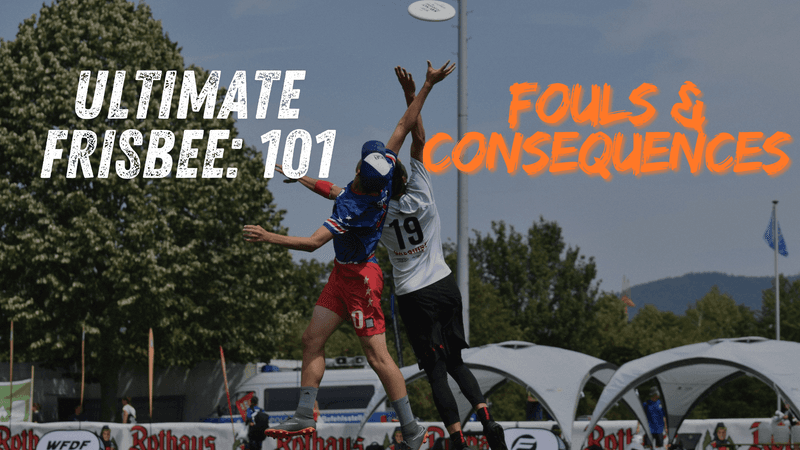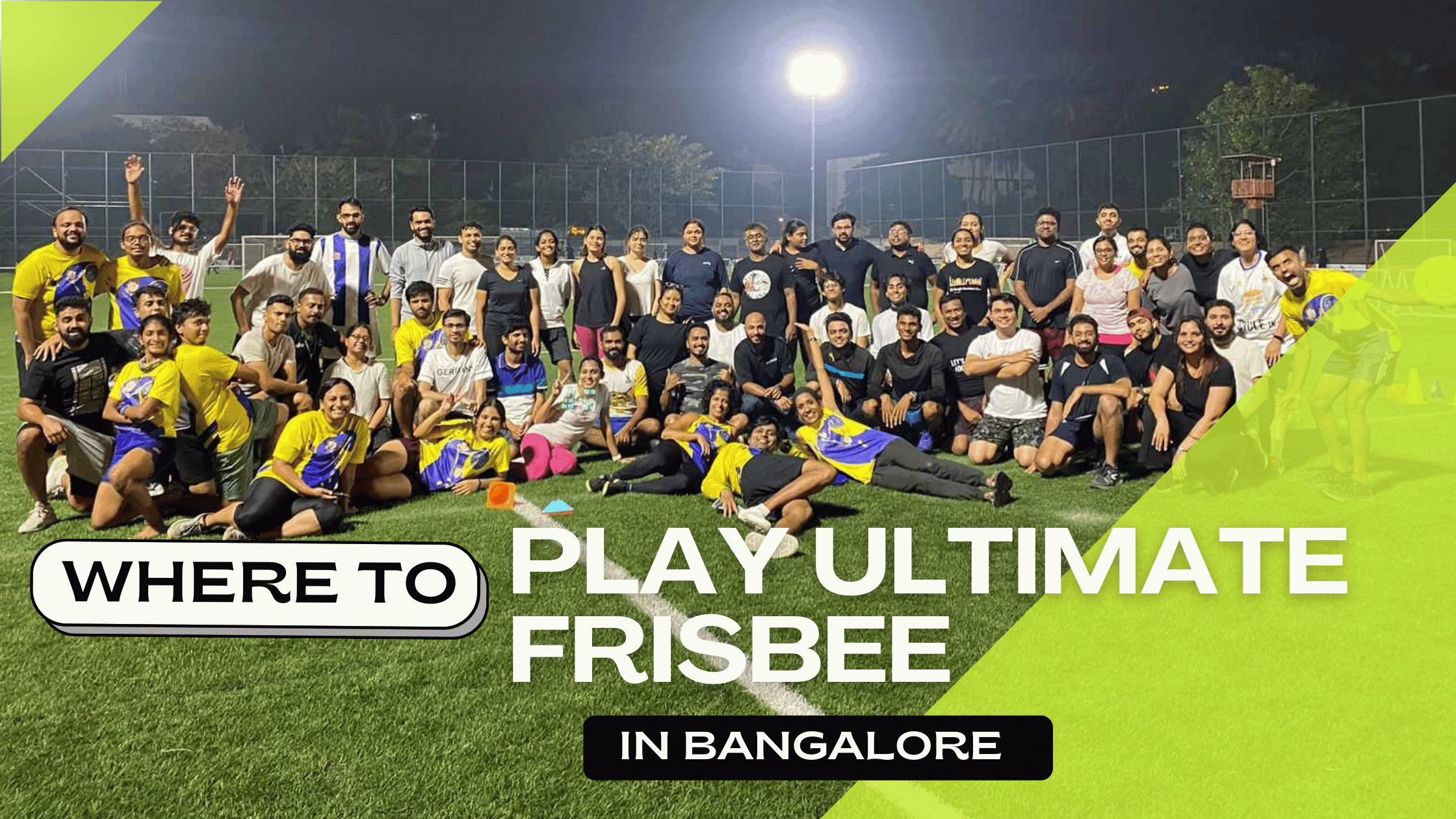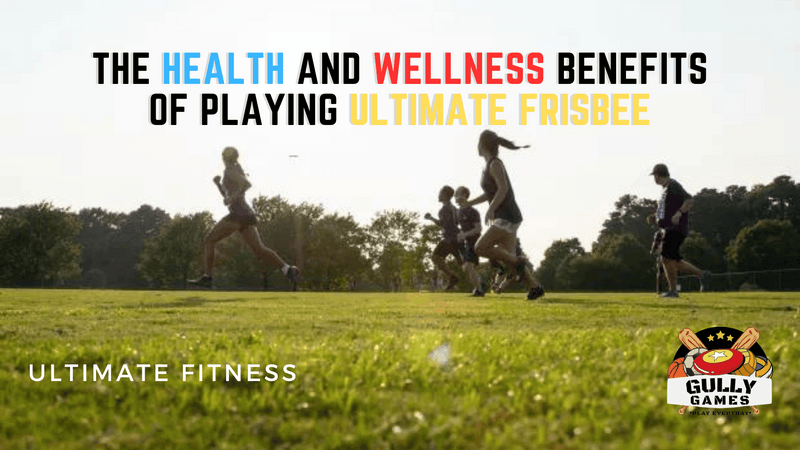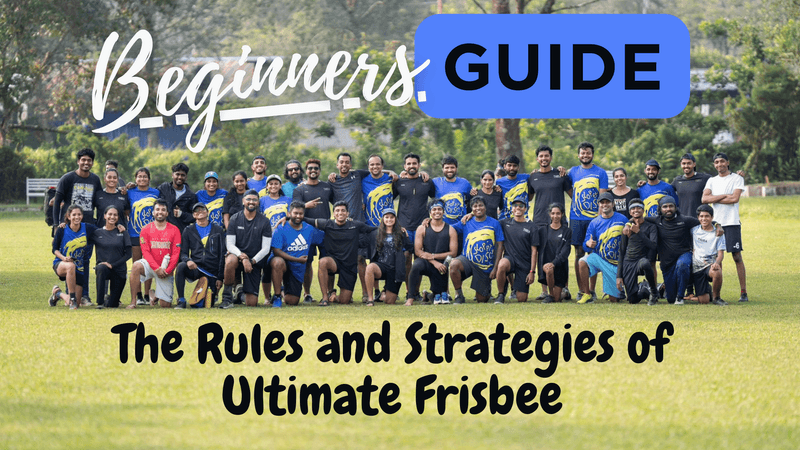Ultimate Frisbee is considered a non-contact sport. Here are some key points to understand this aspect of the game:

Non-Contact Nature
Rules Against Contact: The rules of Ultimate Frisbee, as outlined by the World Flying Disc Federation (WFDF) and USA Ultimate, explicitly prohibit physical contact between players. Intentional or significant contact can result in fouls.
Spirit of the Game: The sport places a strong emphasis on sportsmanship and fair play, often referred to as the "Spirit of the Game." This ethos encourages players to avoid physical contact and resolve disputes amicably on the field.
Types of Fouls Related to Contact
Personal Fouls: These occur when a player initiates contact with another player. Examples include bumping, pushing, or hitting.
Receiving Fouls: These happen when a defender makes contact with an offensive player who is attempting to catch the disc.
Throwing Fouls: These occur if the thrower makes contact with the marker (defender) or vice versa during a throwing motion.
Consequences of Contact
Stoppage of Play: When contact occurs, play is typically stopped, and a foul is called. The players involved discuss the situation to determine the outcome.
Disagreement: If a foul is called and contested (disagreed upon), the disc is returned to the previous thrower, and play resumes. If the foul is not contested, the player who was fouled gains possession of the disc at the point of the foul.
Importance of Avoiding Contact
Safety: Avoiding contact reduces the risk of injuries, making the game safer for all participants.
Fair Play: Non-contact rules ensure that the game is played fairly and that skill, rather than physical dominance, determines the outcome.
By adhering to the non-contact principles, Ultimate Frisbee promotes a safe, enjoyable, and fair playing environment for all participants.



 Made with Superblog
Made with Superblog